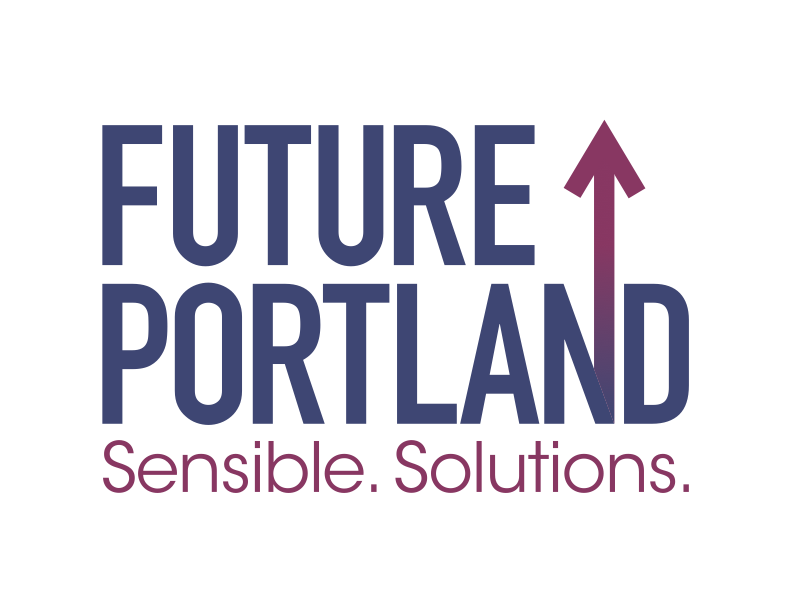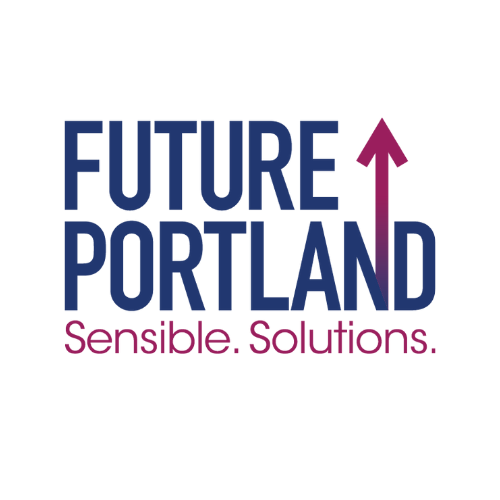Portland champions of charter reform raise $200K for campaign, fueled by 5 nonprofits
A coalition formed to champion the ballot measure to radically reshape Portland’s form of government and election system has amassed a six-figure fundraising haul as it kicks its campaign into high gear, records show.
The group, Portland United for Change, reported raising slightly more than $200,000 through Wednesday, according to its first public filings with the Oregon Secretary of State’s Office, a sum that far surpasses what opponents to the Nov. 8 proposal have collected thus far.
Nearly three-quarters of the coalition’s contributions, or about $146,925, came from five nonprofit organizations plus a board member of one of them that pushed for the measure’s most contentious provisions, which would change the way Portland selects members of City Council through methods used in only a handful of U.S. cities.
>> Oregon Ranked Choice Voting Advocates, a Corvallis-based organization launched in 2020, and FairVote Action, a longtime national advocacy group, contributed $50,000 and $25,000, respectively, records show.
Both promote electoral systems that allow voters to rank multiple candidates by preference in a single race. The latter counts the William and Flora Hewlett Foundation and the John and Laura Arnold Foundation, which financially support efforts to expand ranked-choice voting in the U.S., among its largest donors.
>> Building Power for Communities of Color, the political arm of the Coalition of Communities of Color, a racial and social justice umbrella organization, gave just under $35,000 in cash and in-kind contributions. The coalition has also paid two of its staff members just over $4,200 so far to serve as the pro-charter reform group’s campaign manager and communications manager, the campaign finance disclosures indicate.
According to the coalition, the city paid it nearly $209,000 during 2021 and 2022 to help the City Council-appointed charter commission get broad input from Portland residents, especially people of color, renters and those from low-income households, as it sought the best ideas for remaking city government.
>> James Kelly, founder of Rejuvenation Hardware who now ranches in eastern Oregon, donated $20,000. Kelly is on the board of North Star Civic Foundation, a good government think tank that’s long supported changes to Portland’s system of government and provided in-kind contributions totaling $2,725 to the campaign.
>> Northwest Health Foundation, which sponsors programs to assist communities of color and other historically marginalized groups, gave $10,000. Its president, Jesse Beason, also serves as a North Star advisory board member.
So far Portland United for Change has only reported spending about $7,000, mostly to get access to a voter database and host a fundraising event.
The reform proposal, crafted and referred to the ballot by the 20-member charter commission, would end Portland’s unique approach of having individual City Council members act as administrators over the city’s many bureaus and departments and turn most of that responsibility over to a professional city manager overseen by the mayor.
It would also include a complex version of ranked-choice voting and have voters elect three council members from one of four geographic districts, leading to a 12-member council. The mayor would only be allowed to vote in the case of a tie.
Fewer than 50 U.S. cities use ranked-choice voting and only about a half-dozen currently employ a version of multi-member districts, including Spokane, Washington and Anchorage, Alaska. No U.S. city uses the hybrid system detailed in the Portland charter proposal, which would have candidates who place second and third in a ranked-choice tally take office as well as the winner.
Proponents have said Portland’s charter commission’s pathbreaking proposal for city government overhaul would more fairly distribute power and offer better representation to communities that have historically lacked a seat at City Hall.
More than two dozen progressive organizations and social justice groups have lined up behind November’s proposed measure, including Basic Rights Oregon, the Urban League of Portland and Latino Network.
Two political action groups formed to oppose to the current measure, however, believe that the prospect of a novel, virtually untested system of government is politically fraught and could potentially sow even more dysfunction than the status quo.
The Partnership for Common Sense Government, started by former charter commission member and failed 2022 City Council candidate Vadim Mozyrsky and two onetime aides to former Mayor Bud Clark, has reported raising nearly $14,000, records show. Its top donors include attorney Greg Kafoury, real estate investor Albert Solheim and former Portland Development Commission Director Patrick Lacrosse, each of whom contributed $1,000.
The Ulysses PAC, which Portland Commissioner Mingus Mapps created last year to promote city charter reform before coming out against the current proposal, has about $15,186 on-hand. Its single largest contribution was $25,000 from Portland developer Jordan Schnitzer.
Last week, Mapps announced his political action group was drafting an alternate charter reform proposal that he plans to bring before the City Council next year should the current measure fail. He would like voters to know before they cast ballots in November that a different city government reform plan could be on the ballot in May 2023.

